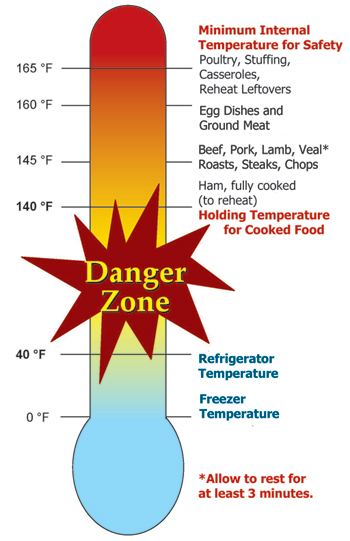Welcome to SJGLE.com! |Register for free|log in
Welcome to SJGLE.com! |Register for free|log in

Related Searches: Tea Vitamin Nutrients Ingredients paper cup packing
As Easter celebrations end, many will face the dilemma of what to do with a surplus of holiday leftovers. Ensuring food safety should be a top priority. With a few simple guidelines, you can savor those leftovers for days to come, without compromising safety.
The two-hour rule:

First and foremost, it’s crucial to adhere to the Two-Hour Rule. All perishable items should be refrigerated within two hours of being served or prepared. This is especially important for holiday feasts, wher large quantities of food are often left out for extended periods. once the clock strikes the two-hour mark, perishable foods enter the Danger Zone, wher bacteria can multiply rapidly, posing a risk of foodborne illness. To err on the side of caution, it’s advisable to discard any leftovers that have been left out for more than two hours.
Use small and shallow containers:
When it comes to storing leftovers, opt for small and shallow containers. These containers facilitate rapid cooling, helping to preserve the freshness and safety of the food. Additionally, storing leftovers in small portions makes reheating more efficient and reduces the risk of bacterial growth. Whether you’re refrigerating leftovers for consumption within a few days or freezing them for future enjoyment, proper storage is key to maintaining food quality and safety.
Freeze or consume within four days:
For those planning to freeze leftovers, it’s essential to do so within four days to ensure optimal taste and texture. When reheating leftovers, aim for an internal temperature of 165 degrees F to kill any bacteria that may be present. Utilizing a food thermometer is an easy and effective way to ensure that leftovers are thoroughly reheated to a safe temperature.
Take precautions when reheating in the microwave:
When reheating leftovers in the microwave, take precautions to ensure even heating. Cover the food and rotate it periodically to promote uniform heating throughout. It’s also advisable to add a splash of liquid to prevent dryness and enhance flavor. After reheating, use a food thermometer to check the internal temperature at multiple points, as microwaves can have cold spots that may affect heating consistency.
Expert assistance:
For those seeking further guidance on food safety and handling leftovers, expert assistance is readily available. Need more information about holiday leftovers or preparing your seasonal meal? Call the USDA Meat and Poultry Hotline at 888-MPHotline (888-674-6854) to talk to a food safety expert or chat live at ask.usda.gov from 10 a.m. to 6 p.m. Eastern Time, Monday through Friday.
By following these simple tips for safe handling and storage, you can enjoy every bite of your Easter feast without compromising on safety.
E-newsletter
Tags